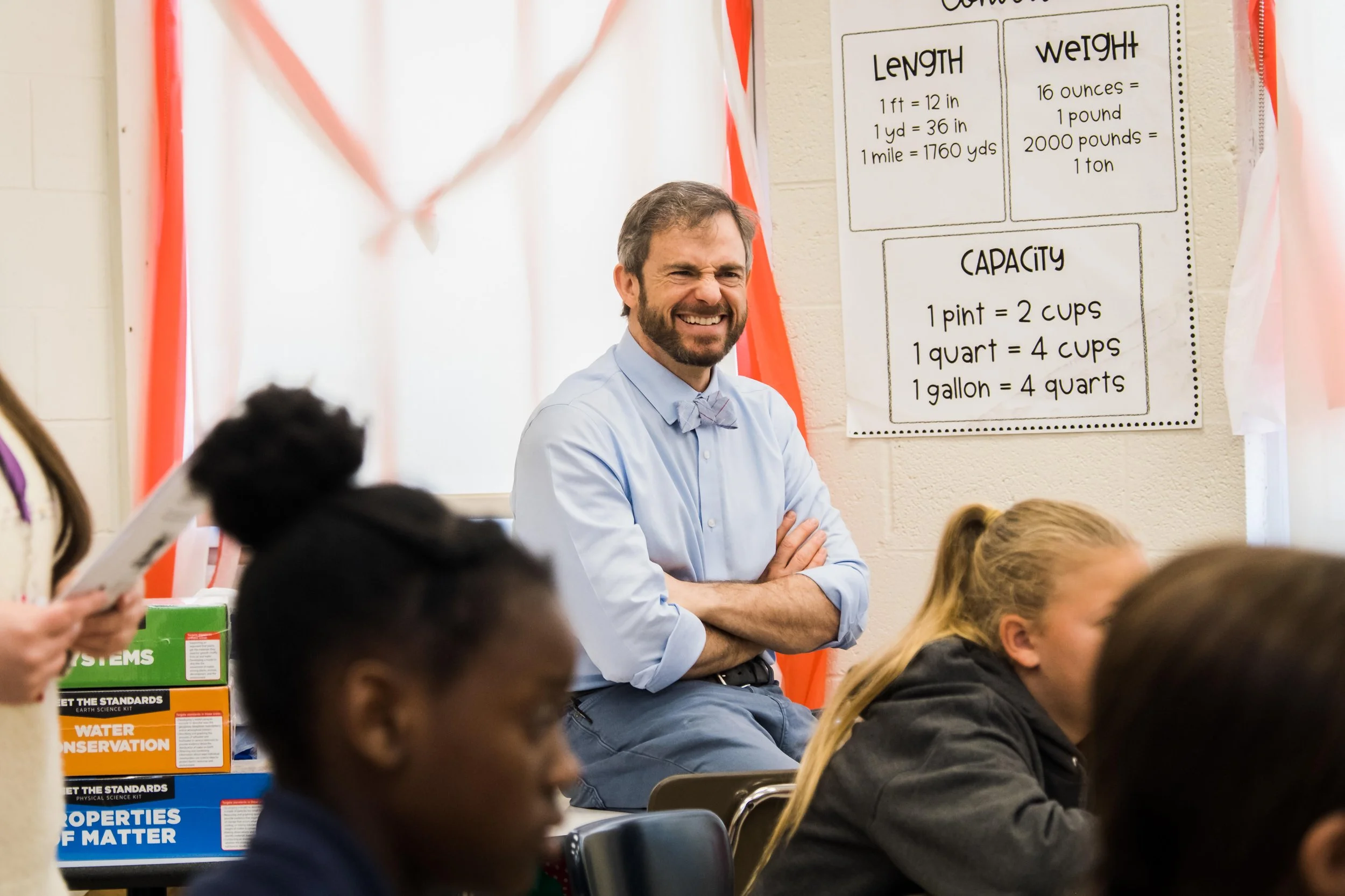Leveraging Gen Z’s zeal for sustainability
By Shravya Desai
Sustainability is more than just a buzzword. It is a loud call for change, for action. Whatever the scale, it is at the forefront of changing the direction of our businesses, our concerns as global citizens and our priorities as individual human beings.
And this is not a chance happening. It is a phenomenon well-driven by the economic cycles of today’s markets, nationally and globally; the core of which are the new consumers of today – Gen Z.
Gen Z is the most sought out target age group for any business in recent times – they are influential, proactive, communicative, and unbending in what they seek and value. They’re educated, aware, articulative, and initiative-taking. Their enthusiasm, values and unbridled motivation for change can be leveraged to transform the state of affairs rapidly.
Sustainability is a global responsibility. The climate crisis at hand is not at the mercy of the few who recognize and care about it. It needs a collaborative effort, and so on a large scale. Therefore, the only way to achieve sustainability is the combination of individual commitment and strong, scalable partnerships.
Businesses are investing in sustainability more than ever. I feel that a strategic partnership between businesses and students can be a powerful collaboration to give more momentum to sustainable practices without compromising on the impact.
Amazon introduced a $2 billion Climate Pledge Fund to invest in firms that develop goods, services, and technology that help the world “decarbonize,” Apple committed to being 100% carbon neutral by 2030 across their supply chain, Salesforce delivered a carbon-neutral cloud, Loreal launched Global Sustainability Challenges, MIT facilitates Solve and Solv[ED] as initiatives to foster technologically relevant sustainable innovation in youth and connect them with investors. There are countless opportunities to involve the student community, and get their ideas and input, in these innovative opportunities and practices.
The keenness of Gen Z in battling the issues at hand is not to be underestimated.
According to a 2020 analysis by First Insight, 73% of Gen Z customers were willing to pay more for sustainable products than any other generation, with a whopping 62% preferring sustainable products. The influence of activists such as Greta Thunberg is further bringing the issue right in the face of the generation without sugarcoating.
Not only that but in India, most of the top business schools have also begun to host sustainability competitions on a national level, garnering interest from students across the country. Young adults are now driven to seek careers that are more focused on sustainability as a result of the climate issue, says a report by The Guardian.
According to recent International Labor Organization research, 24 million new jobs would be produced globally by 2030 if the right policies to support a greener economy are implemented.
This is a clear indication that Gen Z is primed to partner with businesses to execute ground-level changes in their processes or lend their resources or expertise by collaborating with institutions and universities to keep the spirit of sustainability active.
Here’s an example of such a partnership I’m currently a part of: A $400 million company works in partnership with my business school to make our university campus carbon-neutral as a part of their corporate social responsibility initiative. A team of students works closely with the company, planning and executing ground-level sustainability audits in the university and brainstorming further partnerships with other businesses in waste management, in-campus transportation providers etc. to create a network of well-established sustainable processes.
I’m sure that investing in Gen Z’s ideas to transform the processes of a business, funding break-through innovations for a sustainable future, working to create green solutions for persisting problems together or collaborating in multiple other ways possible, the win-win situation it creates for both parties is invigorating. While businesses may find a great way to tap into opportunities driven by this green movement, students would get the opportunity to be path-breaking innovators, active participants in this revolution against climate change, and the satisfaction of solving critical problems.
Without such an effort, businesses may lack the zeal and urgency to make visible changes fast enough, while student communities may lack the financial and practical support to innovate and manifest their ideas. If both go hand-in-hand, however, we can surely expect to see ambitious goals being met with tact and strategic ease.
And the two most driving factors of the economy (businesses) and the flag bearers of tomorrow’s leadership (students) active participation can bring the much-needed acceleration in avoiding a visibly unfolding crisis.
Let’s make it happen!
***
Shravya Desai is from India. She’s pursuing her MBA from T.A. Pai Management Institute, Manipal, specializing in Marketing. As a business student, she says she’s found utmost value in delivering justice to important causes using my skills and perspectives; the most important of all being Sustainability. She’s a member of the Sustainability Committee at MIT, and a Global Youth Committee Member with Solv[ED], a program by MIT Solve and the Morgridge Family Foundation. She hopes to extend her efforts to raise awareness, educate and inspire her generation to take the responsibility of making a change and be the visionaries of a better tomorrow.




